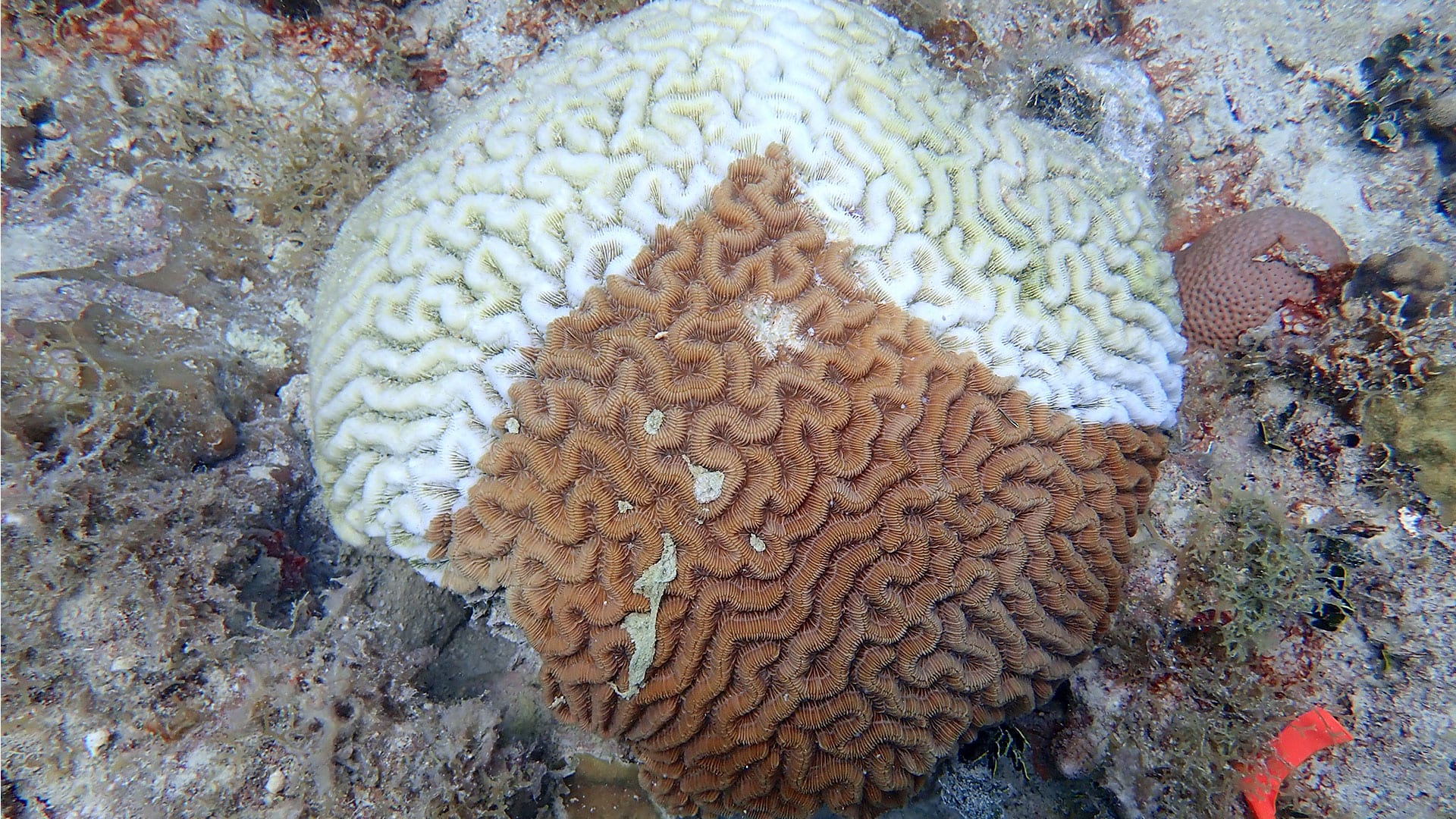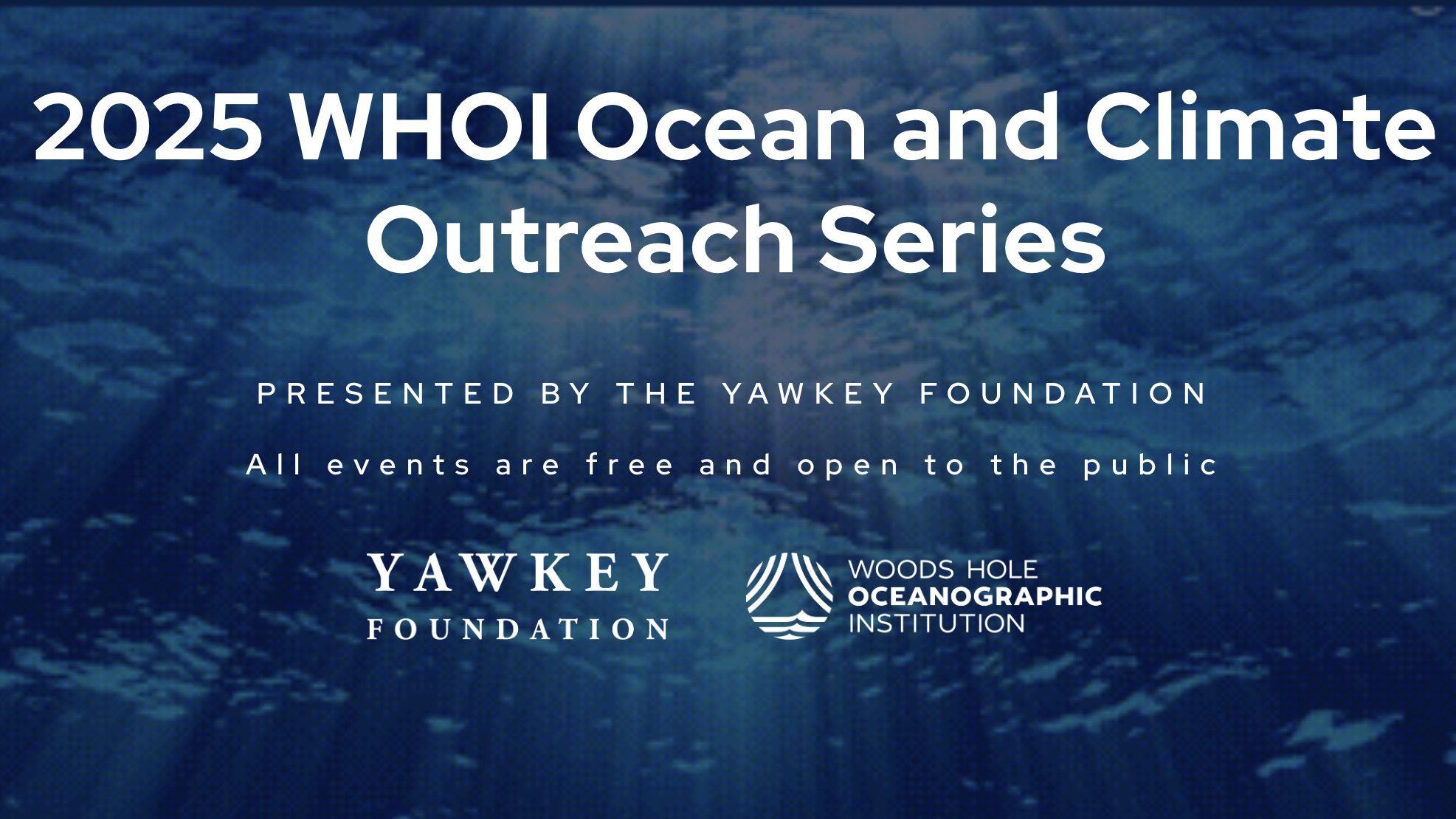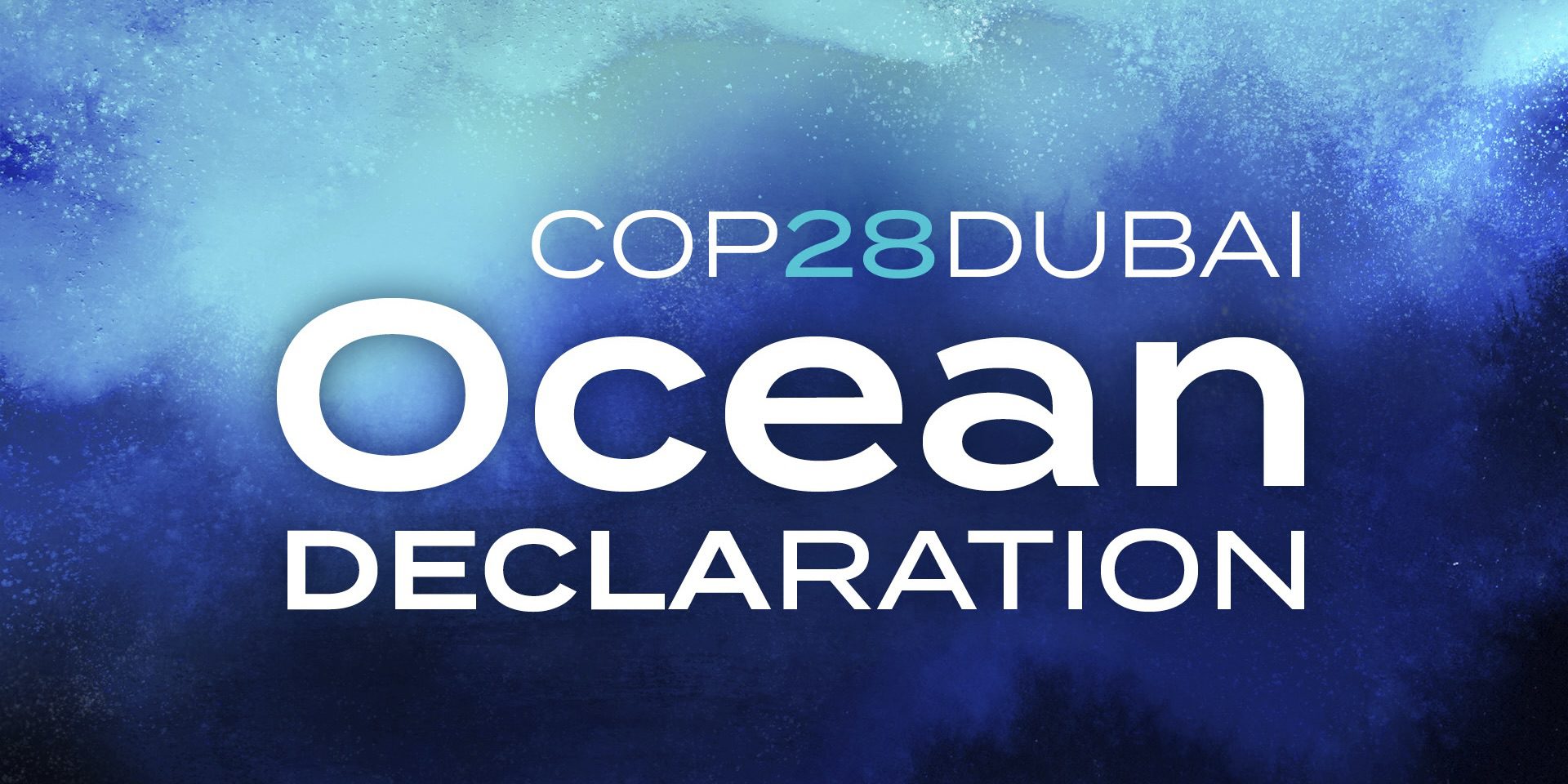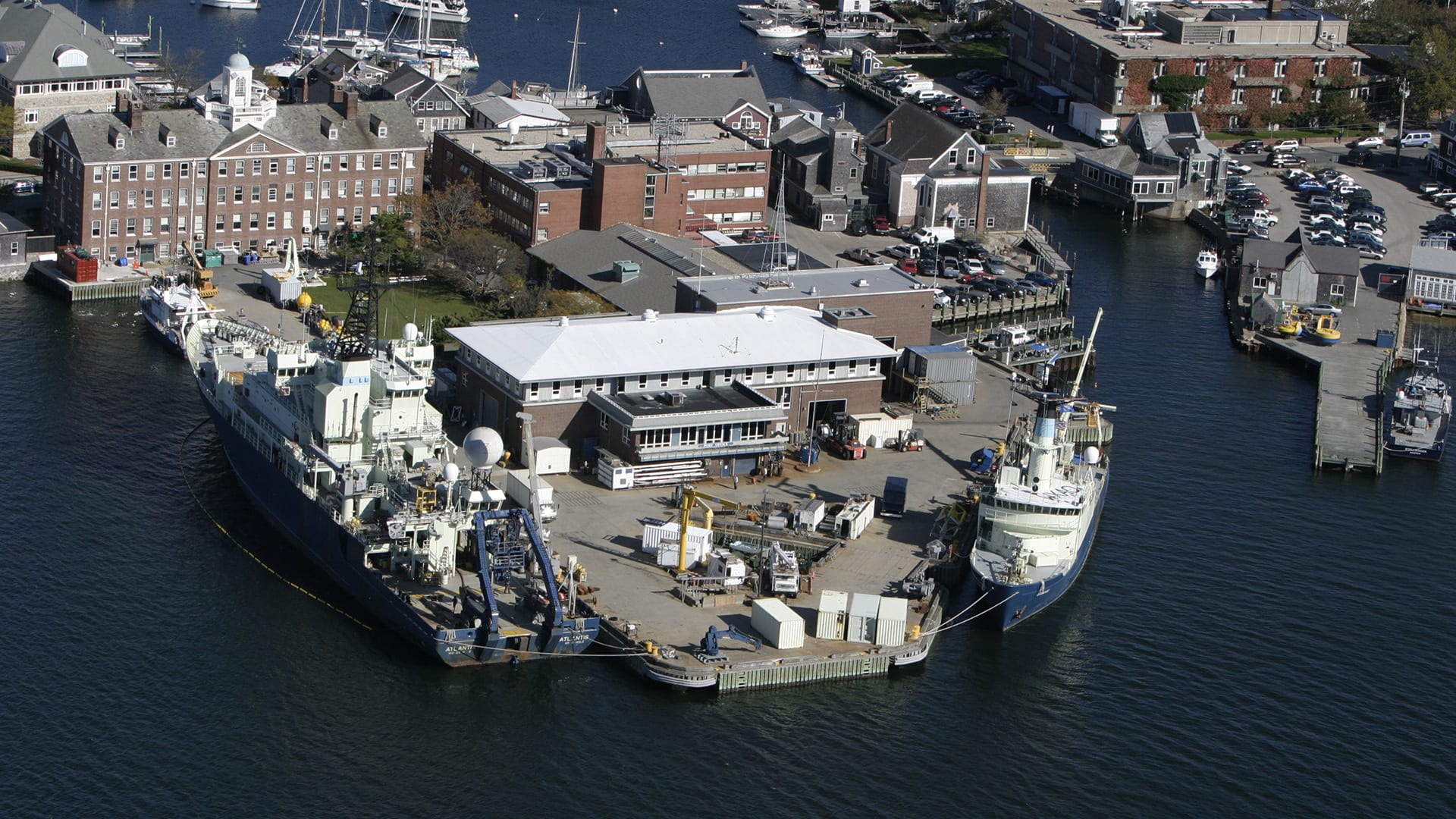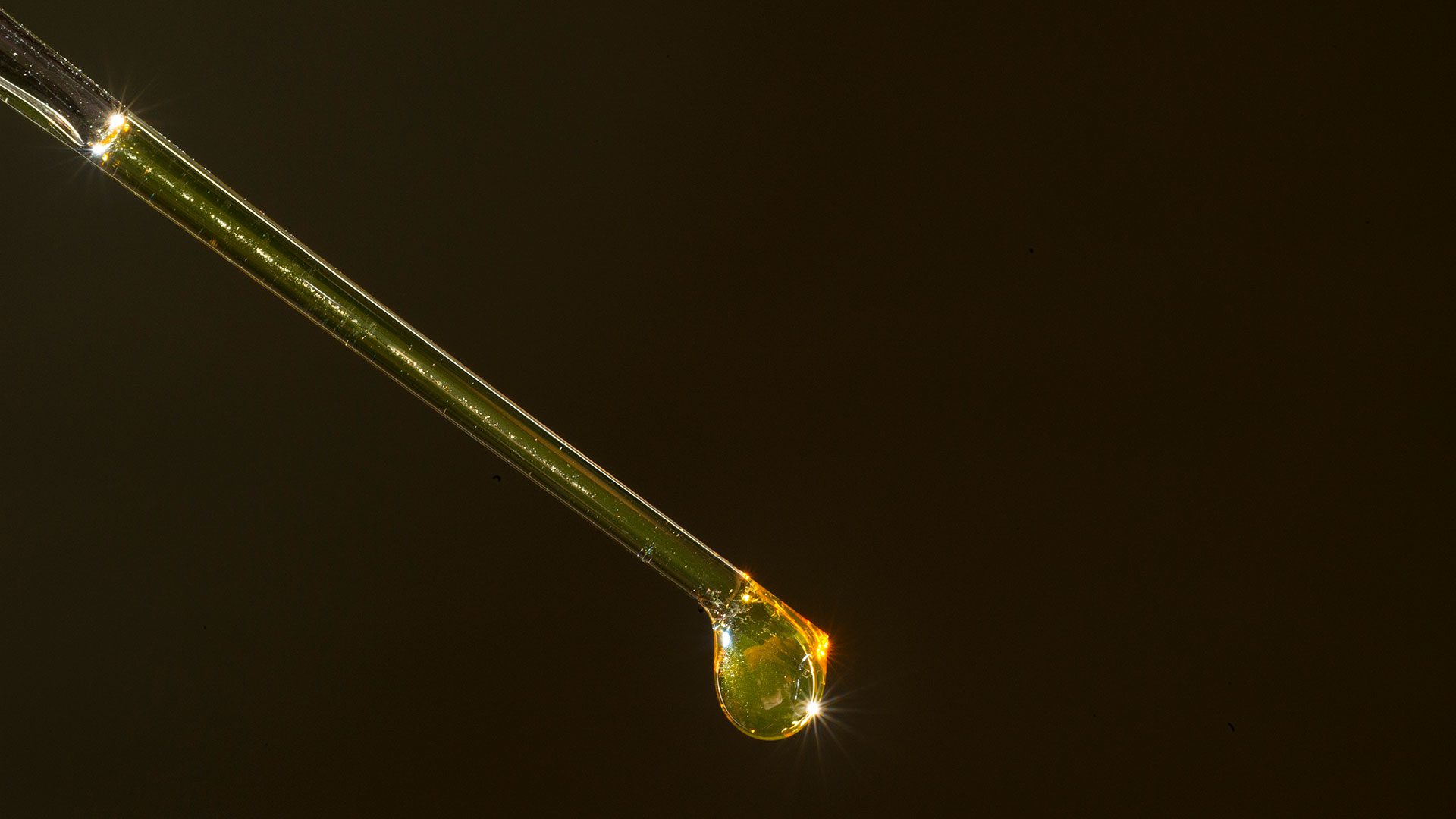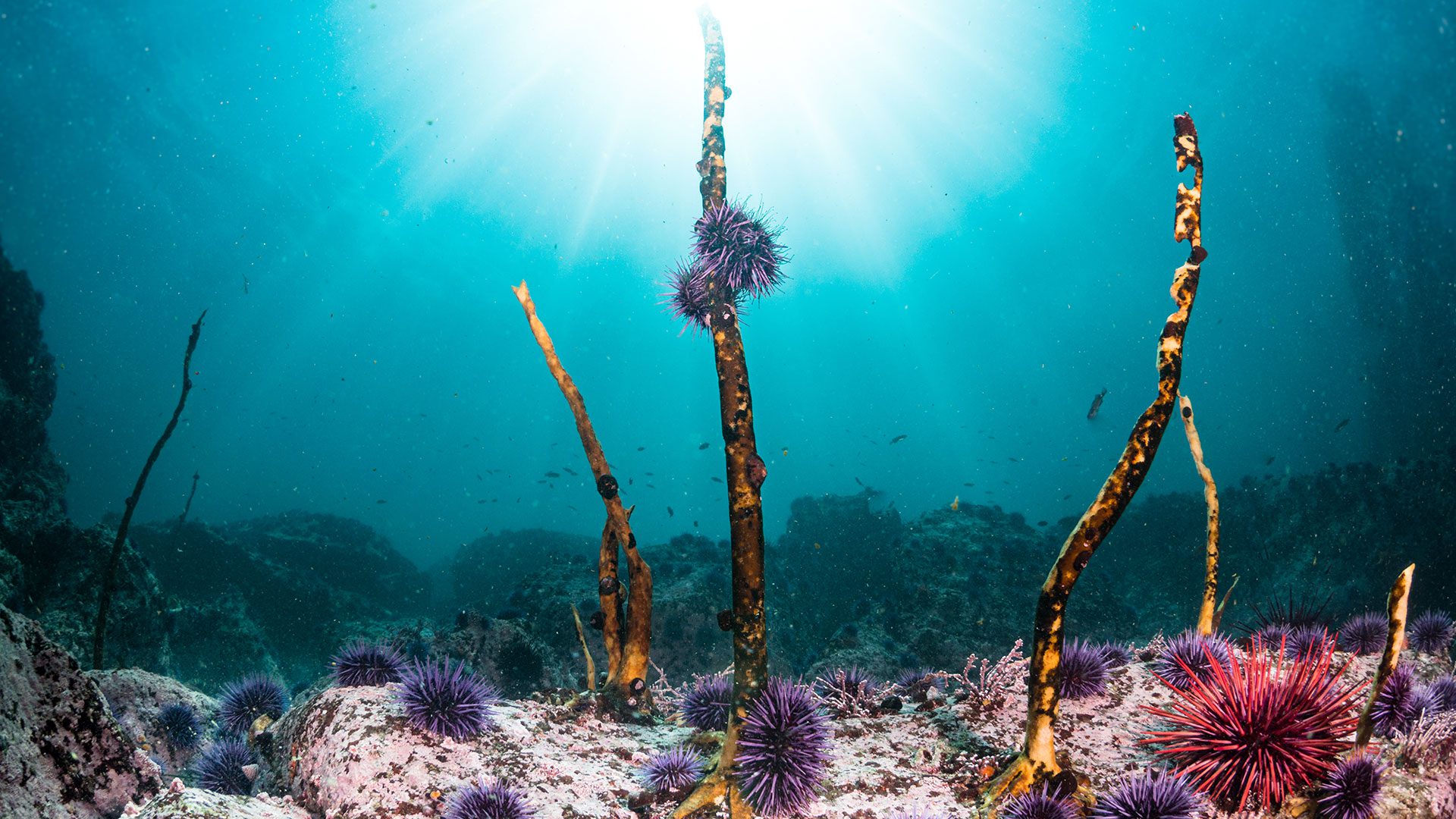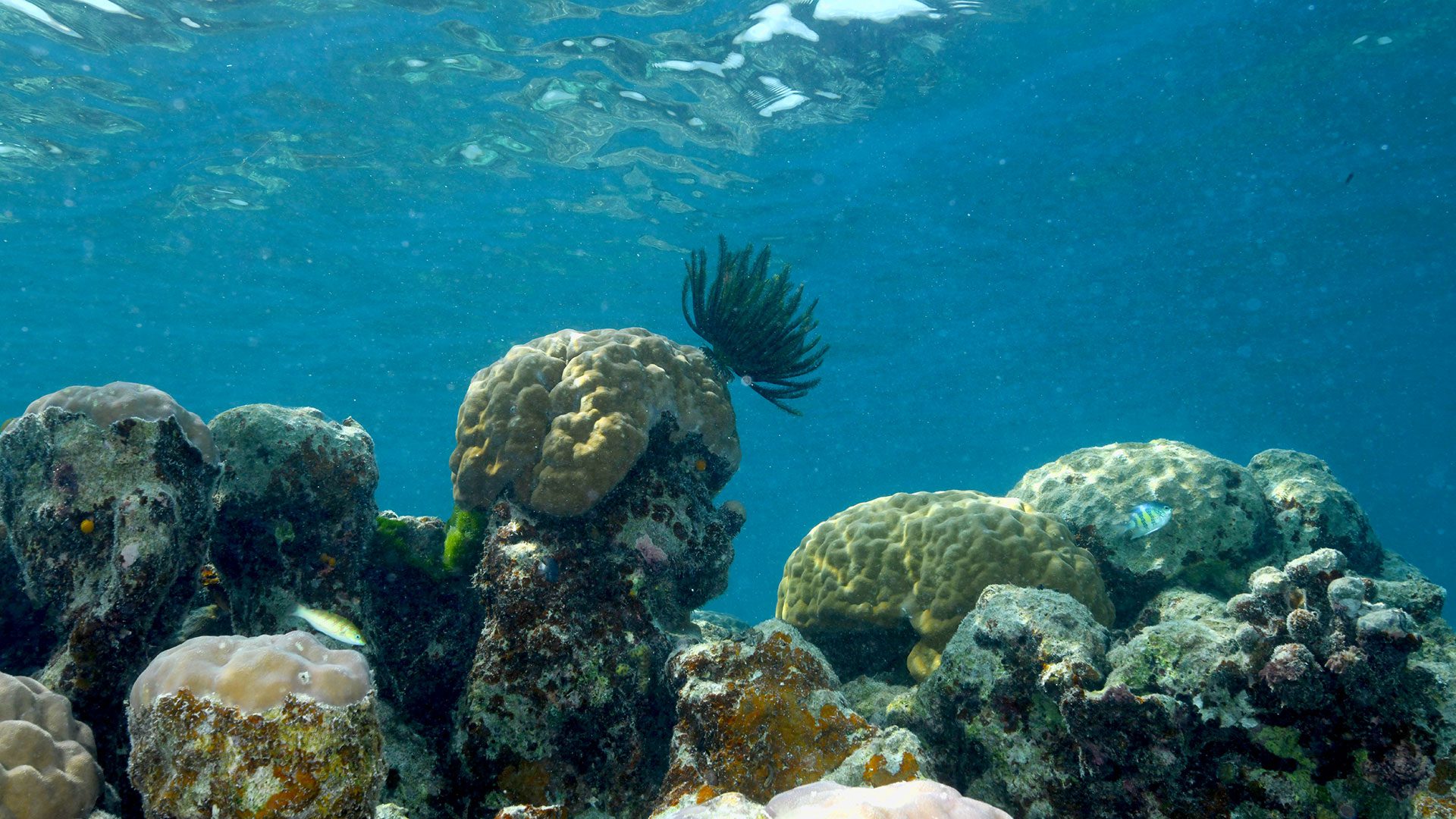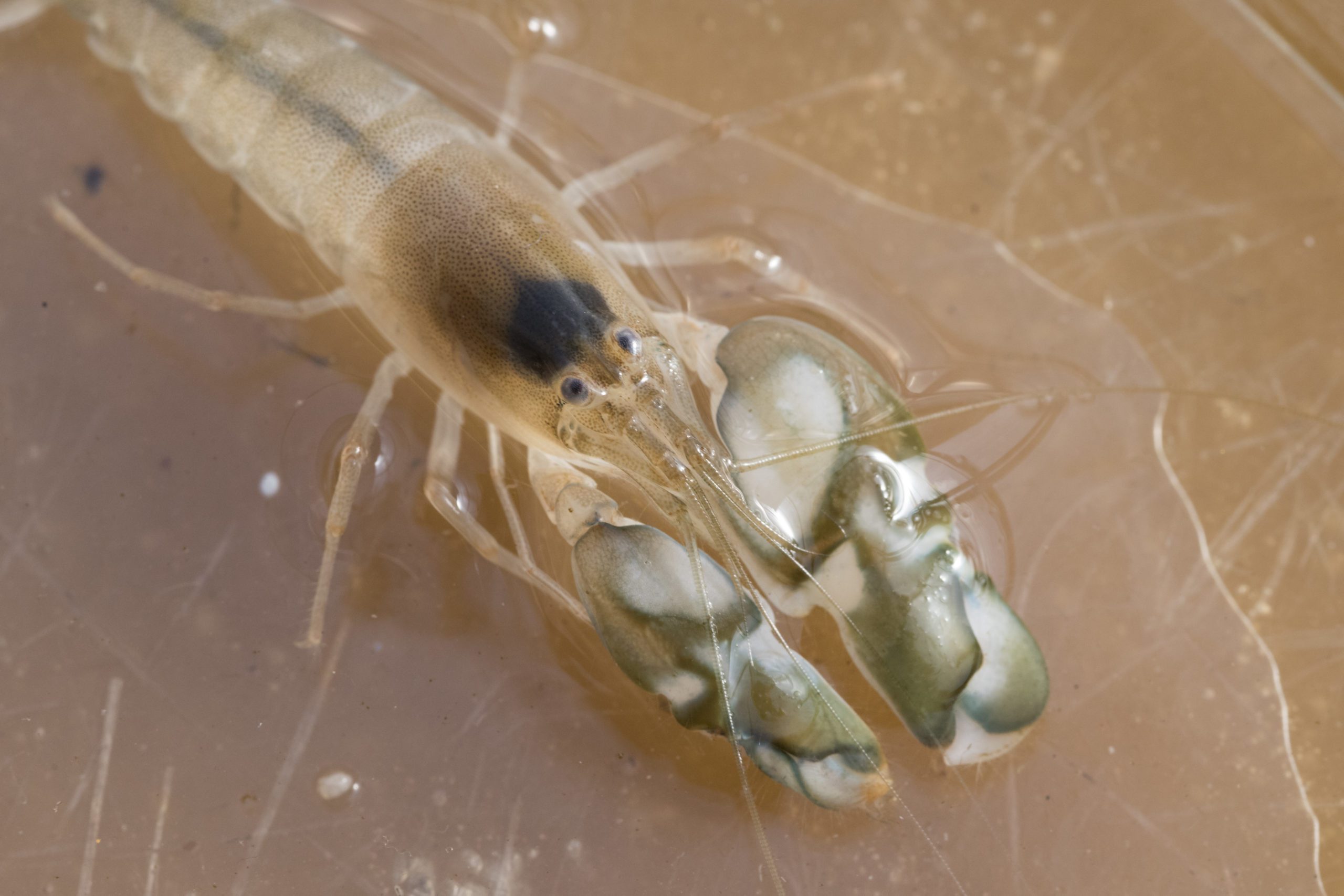News Releases
Coral Reefs Threatened by a Deadly Combination of Changing Ocean Conditions
As the ocean ‘s pH decreases and acidifies, coral reefs are more likely to begin dissolving and “drown”. A new study shows exposing corals to added nutrients increases their erosion and dissolution rate tenfold.
Read MoreEstablishing World-Class Coral Reef Ecosystem Monitoring in Okinawa
Enduring two typhoons over a three-week period in August, Woods Hole Oceanographic Institution (WHOI) researchers, working in partnership with the Okinawa Institute of Science and Technology Graduate University (OIST), have…
Read MoreRising acidity levels could trigger shellfish revenue declines, job losses
Changes in ocean chemistry — a consequence of increased carbon dioxide (CO2) emissions from human industrial activity — could cause U.S. shellfish revenues to drop significantly in the next 50…
Read MoreYou Don’t Call, You Don’t Write: Connectivity in Marine Fish Populations
Children of baby boomers aren’t the only ones who have taken to setting up home far from where their parents live. A new study published this week in the Proceedings…
Read MoreButterflyfish May Face Extinction
A beautiful black, white and yellow butterflyfish, much admired by eco-tourists, divers and aquarium keepers alike, may be at risk of extinction, scientists have warned.
Read MoreInnovative Tagging Technique May Help Researchers Better Protect Fish Stocks
Simon Thorrold, a fish ecologist from WHOI, has received a new research grant from the David and Lucile Packard Foundation to use harmless chemical tags to track the dispersal of the larvae of coral reef fishes in the western Pacific Ocean.
Read MoreREMUS and the Coral Reefs
WHOI biologists and physical oceanographers joined forces in May to study the effect of ocean currents on fish larvae spawned on coral reefs in Belize. Collaboration for the pilot project…
Read MoreResearchers Give New Hybrid Vehicle Its First Test-Drive in the Ocean
Researchers from the Woods Hole Oceanographic Institution (WHOI) and Webb Research Corporation (Falmouth, Mass.) have successfully flown the first environmentally powered robotic vehicle through the ocean. The new robotic ?glider? harvests heat energy from the ocean to propel itself across thousands of kilometers of water.
Read MoreWHOI Expands Research in Tropical Regions with New Initiative
With more than 25 percent of the planet lying between the Tropics of Cancer and Capricorn, researchers at Woods Hole Oceanographic Institution (WHOI) are taking advantage of a recent gift…
Read MoreSeawater microbes offer new, non-invasive way to detect coral disease, WHOI-led study finds
Coral reefs support more than 25 percent of all marine life and underpin the livelihoods of roughly one billion people globally.
Read MoreBlind and low-vision students dive into ocean science at WHOI through sound and touch
This year’s theme of coral reefs connected students with coral soundscapes, and real coral specimens
Read MoreWHOI announces 2025 Ocean & Climate Outreach Series
WHOI and the Yawkey Foundation bring together scientists and community to look at the impacts of our changing ocean
Read MorePerkins School for the Blind Visit Woods Hole Oceanographic Institution
On Saturday, May 11, WHOI welcomed students from Perkins School for the Blind’s Outreach Program.
Read MoreOcean Pavilion Partners Unveil COP28 Dubai Ocean Declaration
Declaration recognizes the critical role of the ocean in regulating climate change, calls for increased ocean observations
Read MoreWoods Hole Oceanographic Institution Elects New Trustee and Corporation Members
The Board of Trustees of Woods Hole Oceanographic Institution (WHOI) today welcomed one new Board Member and eight new Corporation Members.
Read MoreNatural Wax Holds Promise to Replace Petroleum in Cosmetics and Personal Care Products
Woods Hole Oceanographic Institution and Western Washington University Sign License Agreement for Upwell Cosmetics to Make and Market a Marine Microalga-Derived Wax
Read MoreNew study uncovers unprecedented declines in iconic kelp forests along Monterey Peninsula, with glimmers of hope in Oregon and Mexico
Woods Hole Oceanographic Institution part of collaborative team working to save kelp
Read MorePalau’s Rock Islands Harbor Heat-resistant Corals
Scientists studying reefs in Palau have identified subgroups of a coral species that exhibit remarkable tolerance to the extreme heat associated with marine heatwaves
Read MoreAs oceans warm, snapping shrimp sound a warning
Research published by Woods Hole Oceanographic Institution (WHOI) scientists today in Frontiers in Marine Science confirmed their previous observations that rising temperatures increase the sound of snapping shrimp, a tiny crustacean found in temperate and tropical coastal marine environments around the world.
Read More
